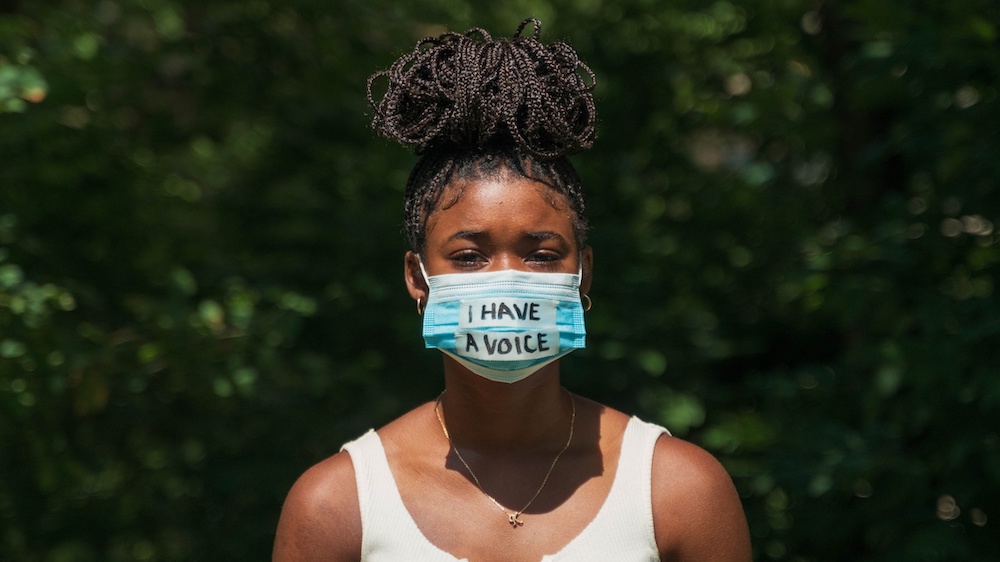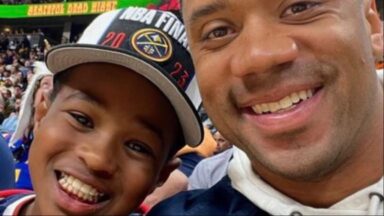With the election season officially underway with the launch of a new civic holiday last week — National Black Voter Day — and National Voter Registration Day this week, we are in desperate need of a new narrative about the Black youth vote. We know that all eyes are on us this November. When it comes to voting, people are asking, will they or won’t they vote? Even in the midst of the uprising as a result of George Floyd’s murder, people asked if Black youth would take this same energy from the streets to the ballot box.
Black youth are a part of the largest voting bloc, Generation Z and millenials, in America this election year. And what a year it is — young people are on the frontlines fighting to dismantle white supremacy, defund the police and demand justice for Black lives all while being disproportionately impacted economically by the coronavirus pandemic. It is time for a more nuanced conversation that doesn’t just stop at the personal responsibility of voters, but also includes society’s responsibility to take care of its citizens.
Pamela Hutchinson Of The Emotions, Known For ‘Best Of My Love’ Hit Single, Passes Away At 61
When it comes to voting, we can’t just look at the voter. We must also look at the system that makes it harder to vote. There is no doubt that since the Voting Rights Act was gutted by the Supreme Court in 2013, voter suppression and discriminatory voter laws have been designed to block communities of color from the ballot box. Between 2012 and 2018, there were 1,688 polling place closures in states previously covered by section five of the Voting Rights Act.
As young Black voters head to the ballot box this November, there are several things on their minds. In a monthly tracking poll of young persuadable voters in battleground states conducted by Alliance for Youth Action in partnership with Civiqs, ending systemic racism and discrimination and worries about losing their job, or the inability to pay bills, rent or a mortgage because of the coronavirus were mentioned as the top concerns.
The Black-led organizations and Black youth organizers in the Alliance for Youth Action network understand the nuance and are changing the narrative by working 365 days a year to build youth political power and make a change in our communities — and this year, that work is even more urgent. Young people have not waited for Election Day to fight for the change they want to see.
On June 18, after years of organizing, Leaders Igniting Transformation in Wisconsin won their fight to end all contracts between the Milwaukee Police Department and Milwaukee Public Schools. Their organizing efforts culminated in a 700-person rally and over 1,000 testimonies that eventually put pressure on Milwaukee Public Schools to begin the pathway to building safe schools where the voices and experiences of young people are centered.
Following the murder of George Floyd and in the midst of the uprising in the Twin Cities, Minnesota Youth Collective opened their office doors as a supply site. From frontline protestors to those who had been displaced, Minnesota Youth Collective was able to support members of their community by serving as a resource hub. Young people showed up to donate, to sort donations and to take donations to where they were needed. Organizers posted on social media and shared critical information for protesters and supporters of the uprising.
Source: Why Black Young Voters Will Continue To Fight Beyond The Ballot Box




Recent Comments